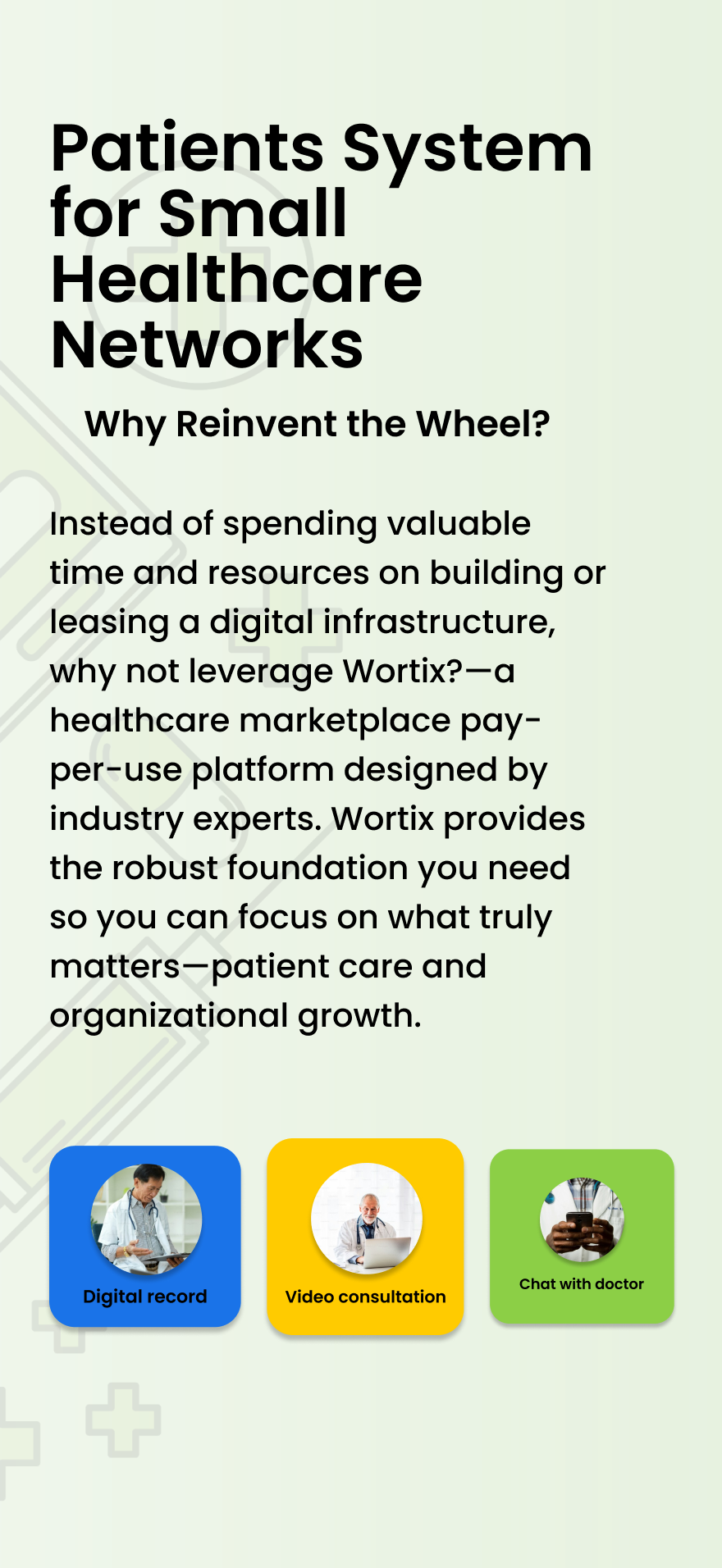Immunotherapy has opened new perspectives in disease treatment while simultaneously creating business opportunities for the pharmaceutical industry. From the development of innovative drugs to strategic collaborations and personalized medicine. Immunotherapy remains a dynamic and promising field driving growth and innovation in the pharmaceutical sector.
Immunotherapy and Business Opportunities for the Pharmaceutical Industry
Immunotherapy has emerged as a promising field in the treatment of cancer and other diseases. This therapeutic approach harnesses the body’s immune system to combat cancer cells and other immune-related conditions. As immunotherapy continues to prove its effectiveness and safety in treating various conditions. It has also generated significant business opportunities for the pharmaceutical industry.
One major opportunity lies in the development and commercialization of new immunotherapeutic drugs. Pharmaceutical companies are investing in research and development for innovative therapies that modulate the immune response to treat various diseases. These drugs include monoclonal antibodies, immune checkpoint inhibitors, and CAR-T cell therapies, among others. As more immunotherapeutic therapies are approved and their use expands into different indications. Business opportunities for the pharmaceutical industry continue to grow.
In addition to drug development, immunotherapy has also fostered collaboration and strategic partnerships in the pharmaceutical industry. Companies are seeking alliances with academic institutions, hospitals, and other enterprises to drive research and knowledge exchange in this field. These collaborations provide access to complementary technologies and resources, accelerating the development and commercialization of immunotherapeutic therapies.
Furthermore, the expansion of immunotherapy has created opportunities in diagnostics and personalized medicine. Identifying biomarkers and characterizing patients’ immune profiles are crucial for determining the efficacy of immunotherapy in specific cases. Consequently, there is a growing demand for diagnostic tests and precision medicine tools enabling more precise patient selection and treatment response monitoring.
What are some examples of immunotherapeutic drugs currently in development?
Several immunotherapeutic drugs are currently in development and have shown promising results in treating various diseases. Some examples include:
Immune Checkpoint Inhibitors: These drugs block inhibitory proteins in the immune system, allowing immune cells to attack and destroy cancer cells. Well-known examples include ipilimumab, pembrolizumab, and nivolumab, used in the treatment of various cancers such as melanoma, lung cancer, and kidney cancer.
CAR-T Cell Therapies: These therapies use genetically modified T cells to express chimeric antigen receptors (CAR) that recognize and eliminate specific cancer cells. Notable examples include tisagenlecleucel and axicabtagene ciloleucel, approved for the treatment of certain types of leukemia and lymphoma.
Monoclonal Antibodies: Are designed proteins that recognize and bind to specific targets on cancer cells or the immune system to stimulate an anti-tumor response. Examples include trastuzumab and rituximab, used in the treatment of breast cancer and non-Hodgkin lymphoma, respectively.
Therapeutic Vaccines: These vaccines stimulate a specific immune response against cancer cells. For example, sipuleucel-T is used in the treatment of advanced prostate cancer.
Oncolytic Virus Immunotherapy: These drugs use modified viruses to selectively infect and destroy cancer cells. A notable example is talimogene laherparepvec, used in the treatment of advanced melanoma.
What other diseases are being investigated for the development of immunotherapeutic drugs?
In addition to cancer, research in the development of immunotherapeutic drugs is underway for several other diseases, including:
- Autoimmune diseases: Investigate immunotherapeutic drugs to modulate and regulate the immune response in autoimmune diseases such as rheumatoid arthritis, systemic lupus erythematosus and Crohn’s disease, with the goal of reducing inflammation and tissue damage.
- Infectious diseases: Immunotherapeutic drugs are currently being developed to strengthen the immune response against viral and bacterial infections such as HIV, hepatitis B and C and tuberculosis. These approaches include therapeutic vaccine development and stimulation of specific immune responses.
- Allergic Diseases: Immunotherapeutic therapies, such as allergy vaccines, are being researched to modify the body’s immune response. Reducing allergic sensitivity and associated symptoms in conditions like asthma and allergic rhinitis.
- Organ Transplantation: Immunotherapeutic drugs are in development to modulate the immune response and prevent rejection in transplant recipients. Allowing better tolerance and survival of the transplanted organ.
What type of strategic collaborations are taking place in the pharmaceutical industry to drive immunotherapy research?
Various strategic collaborations are taking place in the pharmaceutical industry, involving pharmaceutical companies, academic institutions, hospitals, and research organizations.
Alliances Between Pharmaceutical Companies: Pharmaceutical companies form strategic alliances to share knowledge, resources, and technologies in the development of immunotherapeutic drugs. These collaborations may involve joint efforts in identifying and validating therapeutic targets, exchanging technological platforms, and co-investing in research and development programs. By joining forces, companies can accelerate the advancement of immunotherapy and expand its therapeutic reach.
Collaborations with Academic Institutions: Pharmaceutical companies closely collaborate with academic institutions, such as universities and research centers, to leverage scientific knowledge and expertise in immunology. These collaborations may involve resource exchange, joint participation in research projects, access to samples and clinical data, and researcher training. Collaboration with academic experts helps expedite the translation of scientific discoveries into innovative immunotherapeutic therapies.
Partnerships with Hospitals and Clinical Centers: Pharmaceutical companies establish partnerships with hospitals and clinical centers to conduct clinical trials and research studies in immunotherapy. These partnerships enable patient recruitment, data collection, and evaluation of the efficacy and safety of immunotherapeutic drugs in real clinical settings. Additionally, collaboration with physicians and clinical researchers enriches the understanding of clinical needs and facilitates the implementation of immunotherapeutic therapies in medical practice.
Public-Private Collaborations: Governments and nonprofit research organizations play a crucial role in promoting immunotherapy research. Public-private collaborations are established to fund and support research projects in immunotherapy. Facilitate access to resources, and accelerate drug development. These collaborations promote technology transfer, cross-sector collaboration, and the advancement of immunotherapy for the benefit of patients.
What are some specific examples of alliances between pharmaceutical companies in immunotherapy research?
Several examples highlight alliances between pharmaceutical companies in immunotherapy research:
Bristol-Myers Squibb (BMS) and Ono Pharmaceutical: BMS and Ono Pharmaceutical formed a strategic alliance for the joint development and commercialization of nivolumab (Opdivo), an immune checkpoint inhibitor used in the treatment of various cancers. This global collaboration has expanded the use of nivolumab in different indications and accelerated its clinical development.
Merck (known as MSD outside the United States) and AstraZeneca: Merck and AstraZeneca collaborated to develop and commercialize pembrolizumab (Keytruda), another immune checkpoint inhibitor used in the treatment of various cancers. This alliance has facilitated global access to pembrolizumab and accelerated its clinical development in multiple indications.
Genentech (a member of the Roche group) and AbbVie: Genentech and AbbVie joined forces to develop and commercialize venetoclax (Venclexta), a drug used in the treatment of chronic lymphocytic leukemia and other blood cancers. This collaboration has allowed combining Genentech’s expertise in immunotherapy with AbbVie’s resources and experience in oncology.
Novartis and Gilead Sciences: Novartis and Gilead Sciences established a collaboration to develop and commercialize CAR-T cell therapies. Under this alliance, Novartis markets the CAR-T cell therapy tisagenlecleucel (Kymriah), while Gilead Sciences markets the therapy axicabtagene ciloleucel (Yescarta). These therapies have demonstrated efficacy in treating certain types of leukemia and lymphoma.
Final thoughts
These examples highlight prominent collaborations between pharmaceutical companies in the field of immunotherapy. These collaborations enable the combination of resources, knowledge, and capabilities to expedite the development and commercialization of immunotherapeutic therapies, thus expanding treatment options for patients. It’s essential to note that the nature of alliances and the involved companies may evolve over time, reflecting advances and changing needs in the field of immunotherapy.
Seize business opportunities and expand your reach with Wortix! Discover how our global health network can connect healthcare providers with experts, strategic collaborations, and key resources. Join Wortix today and take your pharmaceutical business to the next level! Contact us and become part of our platform as a healthcare provider.















